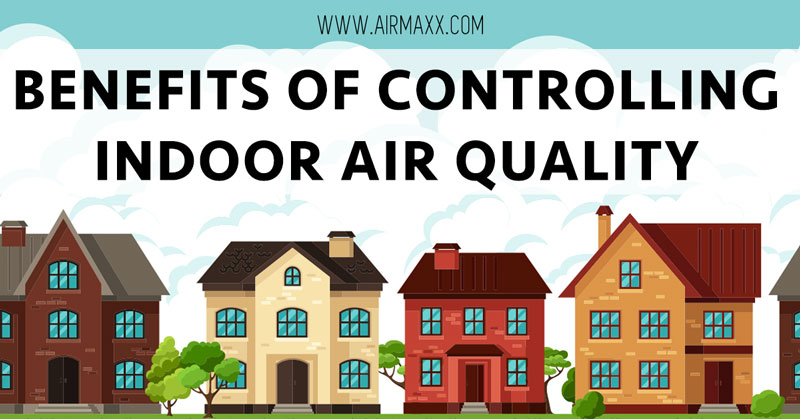Indoor air may seem innocuous, but it can actually breed contaminants and harmful gases. If you or your family suffers from headaches, allergies or fatigue, your indoor air quality may be to blame.
How Air Quality Impacts Health
The connection between outdoor air quality and health is well known, but not as much attention is played to indoor air quality. However, the average person spends about 90 percent of his or her time breathing indoor air. With such a high figure, it’s imperative to monitor and control the quality if your indoor air.
Health effects associated with poor indoor air quality include:
- Headaches
- Dizziness
- Fatigue
- Upper respiratory congestion
- Irritation of eyes, nose, skin and throat
These effects can occur in both residential and commercial spaces. When they occur in a commercial space, the symptoms are attributed to “sick building syndrome,” which simply refers to symptoms experienced by a large number of people inside a building. If you, your family or your coworkers have symptoms that alleviate when you leave the building and return when you step back inside, the symptoms may be caused by the indoor air.
What Causes Poor Air Quality
There are a number of factors that cause poor indoor air quality, including:
- Poor or inadequate ventilation
- Airborne and chemical pollutants
- Unsuitable temperature or humidity
- Ozone emissions from photocopiers and printers
- High concentrations of TVOCs (total volatile organic compounds)
- Formaldehyde
- Pollution from external sources
Your HVAC system also contributes to the quality of your indoor air. In fact, it is estimated that 70 percent of air quality problems can be traced to the operation and maintenance of HVAC systems.
How to Improve Indoor Air Quality
There are certain steps you can take to monitor and improve the quality of your indoor air. Get your HVAC system cleaned professionally on a regular basis. This helps prevent dirt and dust from accumulating inside the system. Replace the air filter each month so particulates are properly trapped and removed. You might also want to install a UV (ultraviolet) lamp, which works to neutralize forms of microbial growth before they spread through your home. Lastly, a continuous monitoring instrument can detect gases and compounds that affect IAQ (indoor air quality), including carbon monoxide, carbon dioxide and methane. These steps can help improve the quality of your indoor air and subsequently the health of you and your family.
Follow us for additional information on heating, cooling and more.



